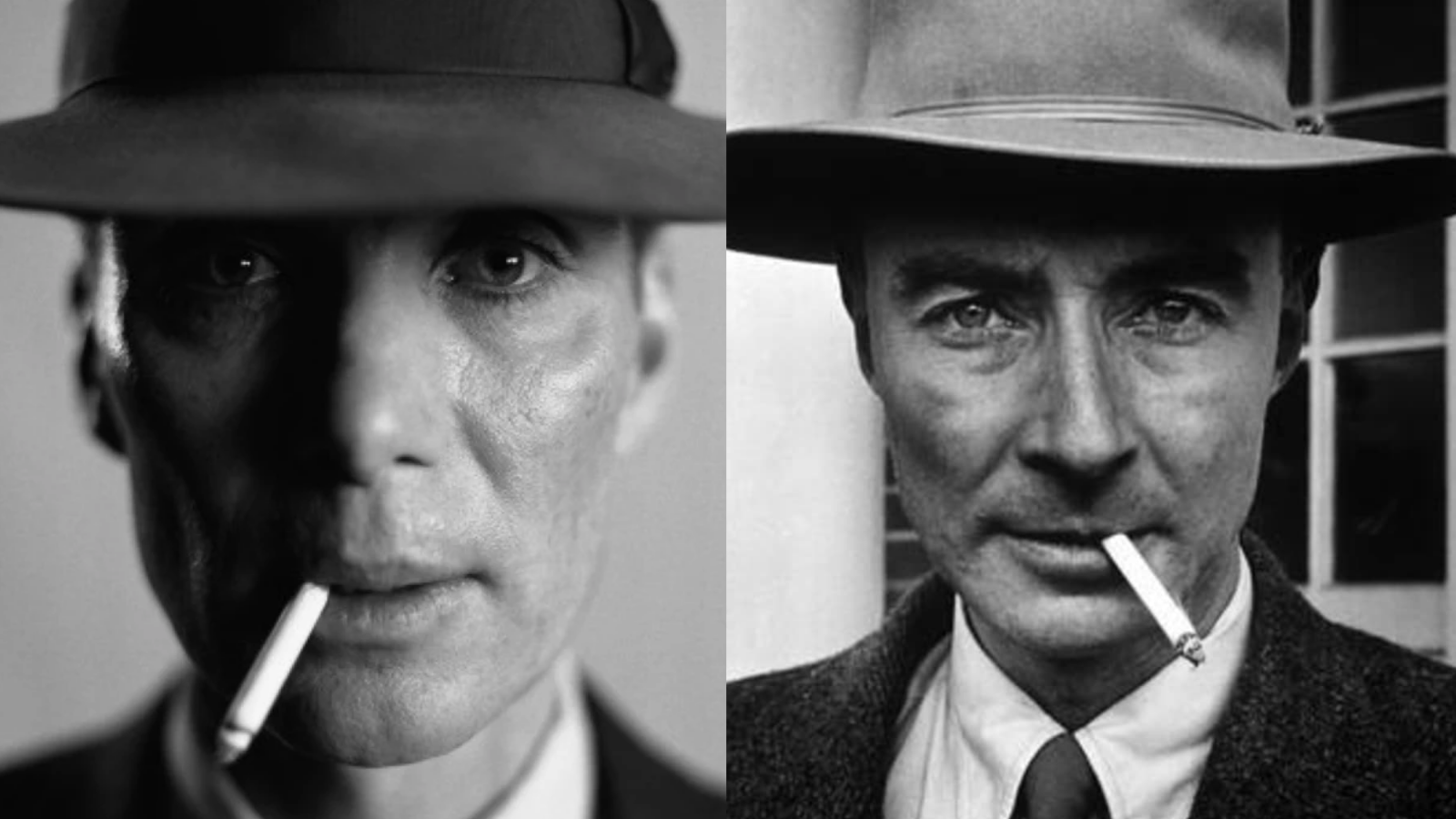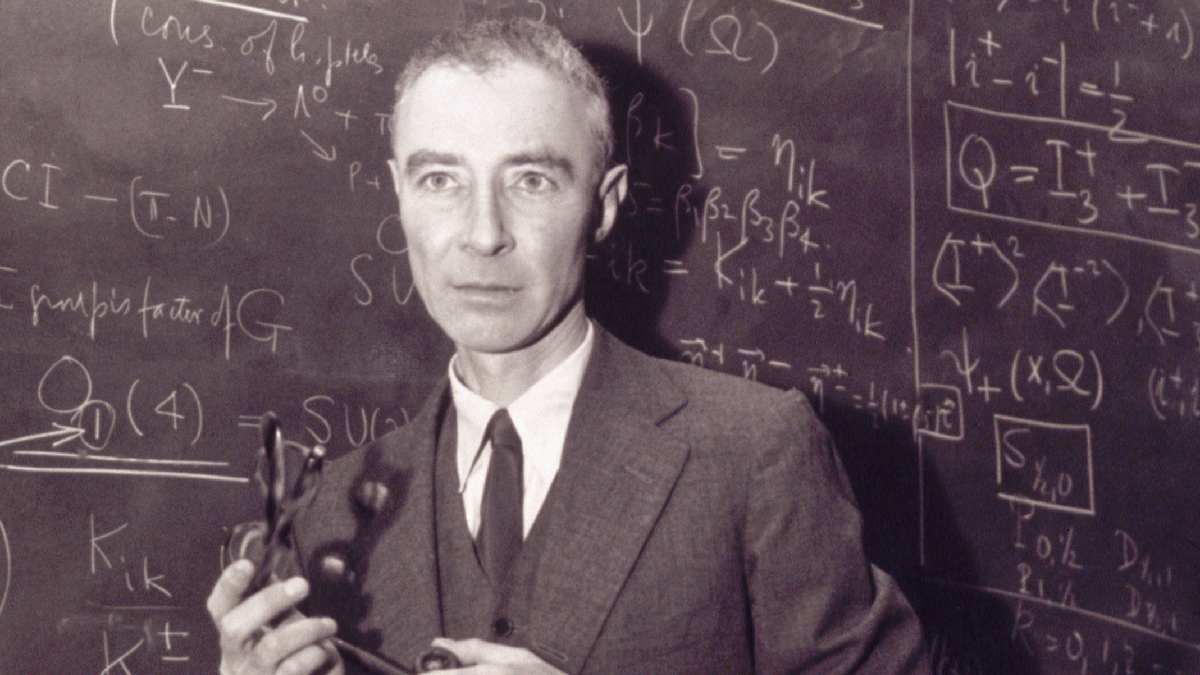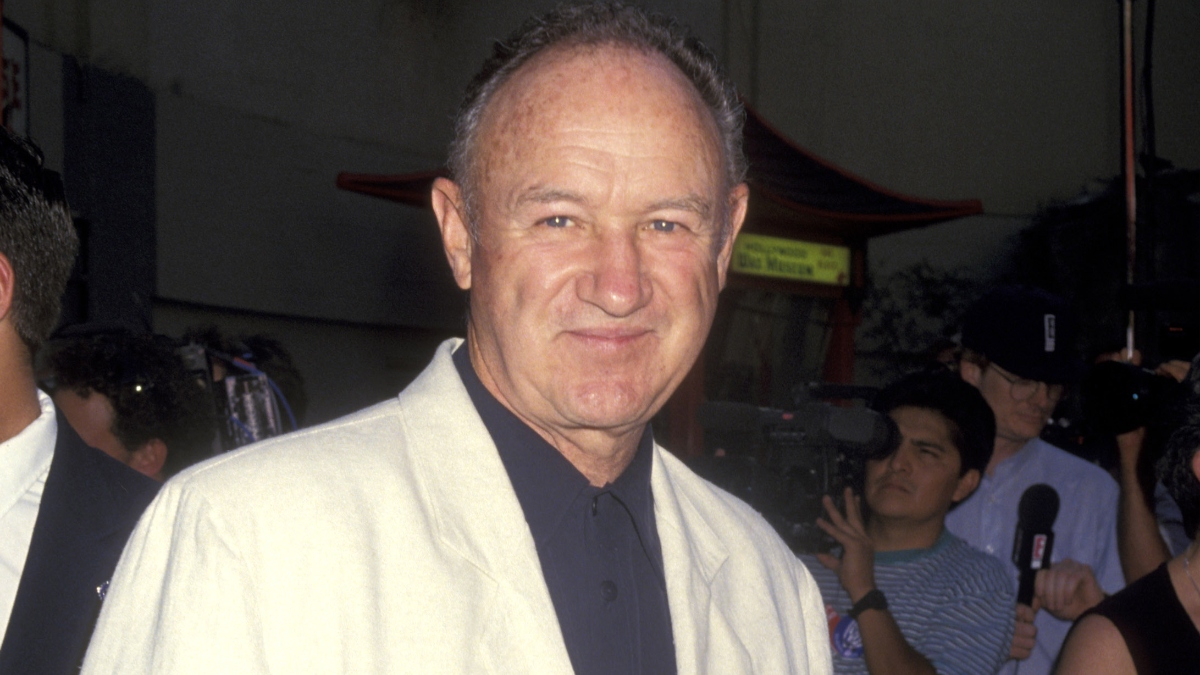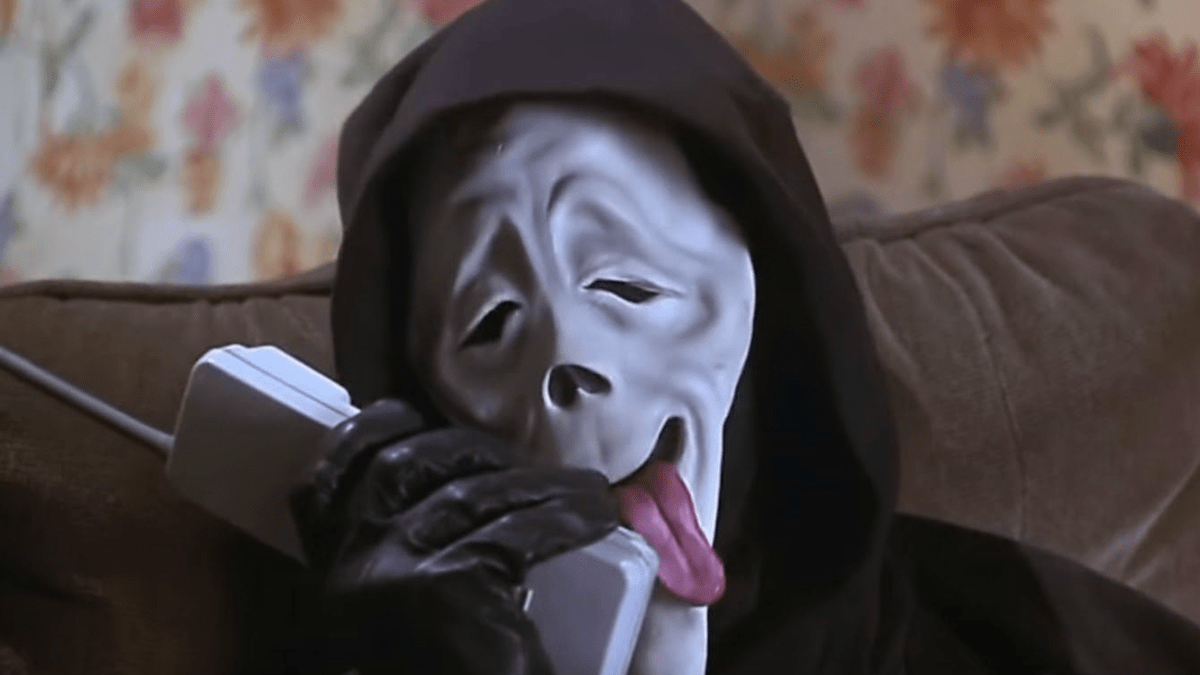When it comes to any biopic, there is reasonable cause for every viewer to be suspicious. Directors have a tendency to put their own creative spins on a project, whether history supports them or not. Christopher Nolan’s biopic of “The Father of the Atomic Bomb,” J. Robert Oppenheimer is no exception. The film — aptly named Oppenheimer— details the struggles of the theoretical physicist and promises to examine the complicated relationship Oppenheimer had with his creations.
J. Robert Oppenheimer was a vocal opponent of nuclear armaments in the latter half of his life. During the height of the Cold War, with nuclear weapons proliferating the national conversation, NBC invited the theoretical physicist to speak on its documentary, The Decision to Drop the Bomb, a deep dive into the world-changing decision to drop the atomic bomb on Hiroshima. Oppenheimer summarized his feelings during the interview in one of the most memorable quotes of the last century.
“Now I am become Death, the destroyer of worlds.”
While the sentiment seems cut and dried, Oppenheimer never morally disagreed with the use of atomic bombs at the end of World War II — only the continued use of nuclear technology for anything other than civilian purposes.
Creating the bomb
Oppenheimer was deeply opposed to Fascism and after France fell in 1940, he joined the war effort to curb its spread. He believed that unless fascism was stopped, it would destroy the Western world. A brilliant physicist with ties to the scientific establishment, he was appointed as the head of the Manhattan Project in 1942, where he would cultivate a team of the best minds the Allied forces had to offer. The bomb was, at first, purely hypothetical. But after three years of research, the team performed the first successful test of an atomic bomb in Alamogordo, New Mexico, in July 1945.
The Trinity Test proved the efficacy of nuclear armaments and — in less than a month — two bombs were dropped on Nagasaki and Hiroshima. The success of the weapons pushed Oppenheimer to international renown, second in the public imagination only to Albert Einstein. As the head of the Manhattan Project, Oppenheimer was largely credited with the success of the program. Despite his acclaim, he would resign from his post in 1947.
Oppenheimer’s regret

Witnesses to the Trinity Test said that Oppenheimer’s initial response was simple satisfaction and excitement that the bomb had even worked. 11 days later, however, he wrote a letter to the U.S. government describing his desire for nuclear weapons to be banned. In the following months, he would tell President Harry S. Truman, “I have blood on my hands.” Though in some accounts of the story he told Truman, “We have blood on our hands,” to which Truman responded, “The blood is on my hands, let me worry about that,” before promptly kicking Oppenheimer out of the Oval Office.
Per the Encyclopedia Britannica, after being appointed to the General Advisory Committee of the U.S. Atomic Energy Commission in 1953, Oppenheimer became a loud proponent for nuclear disarmament, and vehemently opposed the construction of the hydrogen bomb, saying that they were too destructive to have a military purpose. He vehemently opposed more investment in nuclear weaponry on the grounds that such powerful weapons were more dangerous than mankind could comprehend. He believed that there was no way humankind could responsibly control such widespread destruction.
Oppenheimer felt that the use of nuclear weapons at the end of WWII was morally justified, but it was the continued development of the deadly technology that made him feel his hands were awash with blood. As the “father of the atomic bomb,” it was his technology that would continue to proliferate and grow. It was his weapons that would raze cities, his weapons that had the potential to be used by the very groups he developed them to destroy.
His iconic quote has much more behind it than one might guess at a cursory glance. Here’s Oppenheimer’s contextualized sentiment, as he related in the aforementioned NBC documentary:
“I remembered the line from the Hindu scripture, the Bhagavad-Gita. Vishnu is trying to persuade the Prince that he should do his duty and to impress him, takes on his multi-armed form and says, ‘Now, I am become Death, the destroyer of worlds.'”
In Dartmouth history professor James A. Hijiya’s lucid essay The Gita of J Robert Oppenheimer, he explains Oppenheimer’s use of the passage, essentially boiling the dilemma down to the necessity of performing a duty with significance far greater than oneself. Oppenheimer could never disavow his contributions, because no matter how they may have worn on him, he saw the creation of the bombs as something necessary in the moment.
Oppenheimer saw himself as Arjun, the Prince, a figure predestined to fulfill an unwanted duty. He feared what the spread of Fascism would do to the free world, and in his mind, it was his duty to slow the spread of such dangerous ideals. Oppenheimer was successful in his execution of his unwanted duty, more so than he ever could have imagined. While “The Father of the Atomic Bomb” stood by his actions, the weight of his perceived duty was an immeasurable burden. Oppenheimer would spend the remainder of his life trying to convince the rest of the world of the horrific nightmare he knew all too well, after all there’s nothing a parent known as well as their own child.
Oppenheimer will hit theatres on July 21, 2023.







